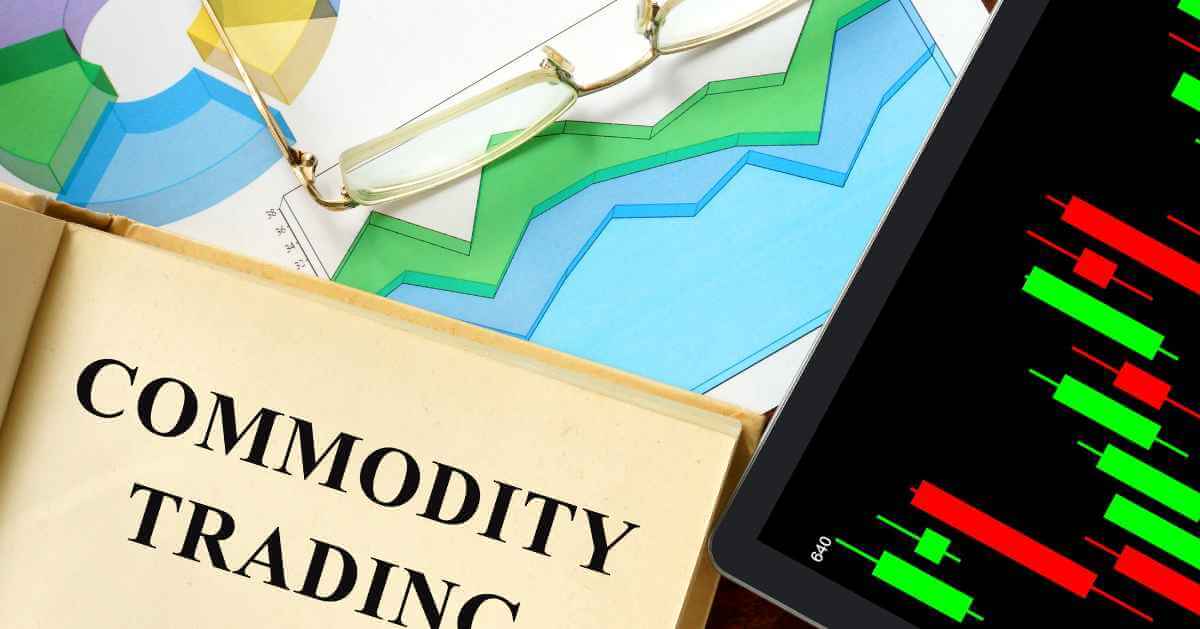Diversifying Portfolio with Trading Commodities: 3 Pros & Cons

There are many financial instruments in the market to trade apart from stocks, which can help traders mitigate risks and diversify their portfolios. One such instrument is commodities.
Commodities include food (wheat, rice), metal (gold, silver), energy (crude oil, petrol), and other similar things. In India, commodity trading takes place on exchanges like NCDEX, MCX, ICEX, etc. In this article, we will understand the pros and cons of commodity trading.
3 Pros and Cons of Commodity Trading
A demat account is a must to trade in commodities. You can compare and select the best commodities trading platforms available in the market like Dhan to make the most of your trading. Before trading in commodities, you should know its pros and cons. Let us understand them.
3 pros of commodity trading are as under: –
1. Protection Against Inflation
During inflation, individuals face tough challenges as the price of commodities increases. However, this inflation can be beneficial to you if you are trading in commodities. Inflation increases the price of commodities.
If the commodity prices are increasing in your portfolio, the value of your portfolio will increase. So even during inflation, your purchasing power continues to stay better. This helps in reducing the negative impact of trading in stocks during such times.
2. Hedge Against Geo-political Events
Geo-political events like riots and war affect the supply chain of the economy. It becomes difficult to procure and transport raw materials to factories during such times.
This mismatch in demand and supply leads to a rise in commodity prices. So, if you are a commodity trader, this event can provide you with a good hedging opportunity.
3. High Leverage
Leverage allows you to trade more than the funds you have through margin. Commodity derivatives like futures and options provide a high percentage of leverage. Just by paying the margin of 5%-10% you can borrow the funds and trade in commodities. This also means a higher profit margin.
3 Cons of commodity trading are as under: –
1. High Volatility
The price of commodities is highly volatile. This depends on supply and demand which is affected by external factors like natural disasters, political situations, etc. Such events can have a huge impact on the price of commodities.
2. Asset Concentration
Commodity trading is a good way to diversify your portfolio. On the other side commodities themselves are concentrated in one or two industries. So, one cannot get too much benefit from diversification.
3. Speculation
As commodity trading is highly volatile, many traders try to take advantage of short-term gains. They trade in commodities to benefit from short-term volatility. There is a mass movement in the price of commodities due to such speculators which can affect your portfolio.
Conclusion
Commodity trading works in the opposite direction to equity and bonds. So, it is a good investment for hedging and diversification. However, analyze your risk-taking ability before undertaking commodity trading. It is important to choose the best option such as Dhan from commodities trading platforms available in India. Dhan has many commodity trading-specific benefits that can make your trading smoother.
